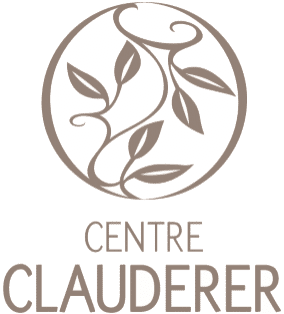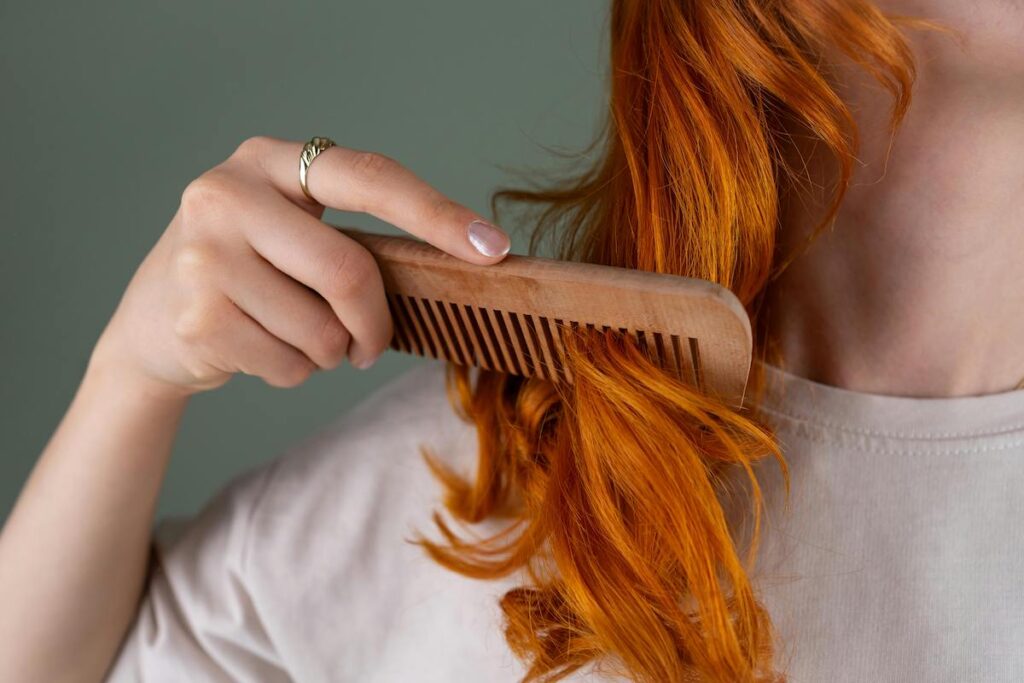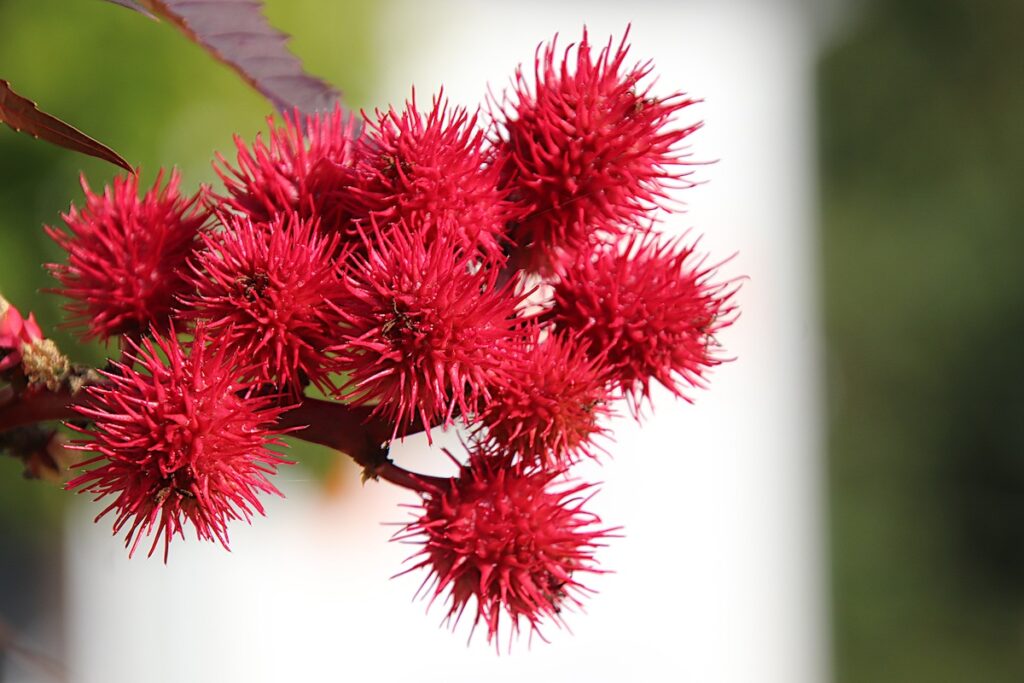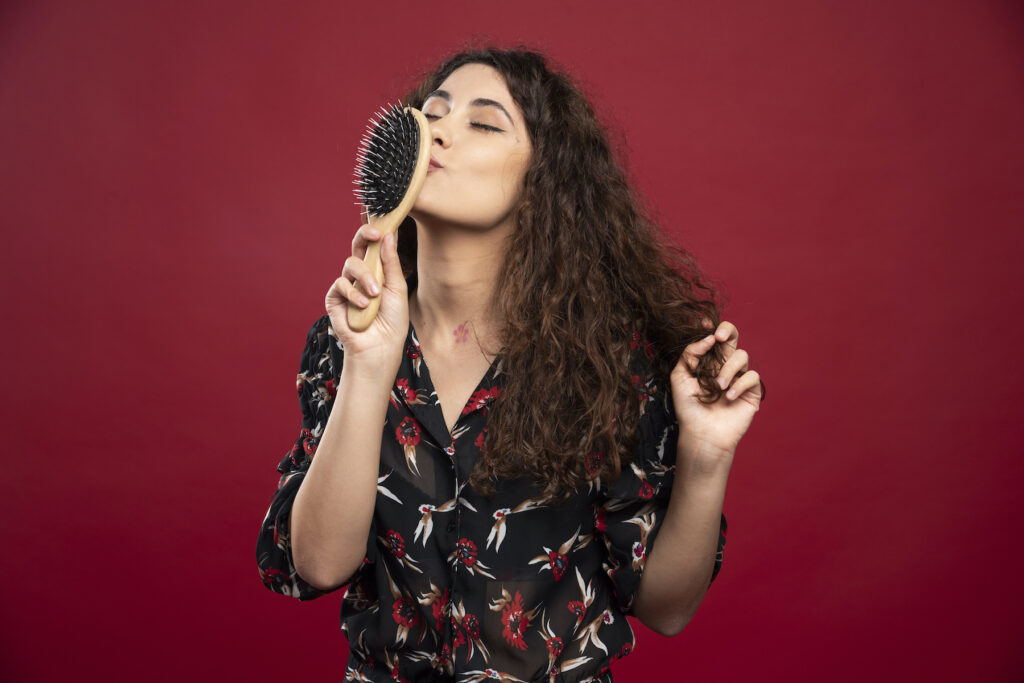Articles
Discover our analyses and expert opinions on hair health issues in general and hair loss and hair care in particular (greasy hair, fine hair, electric hair, brittle hair, dry hair, dull hair, dandruff and irritation...). Complex issues that concern us all, whatever our hair type. If you have any questions, you can reach our specialists on +33 (0)1 42 61 28 01.
Hair and pollution: how to protect your hair fibre from external aggression
Pollution is unfortunately a constant in our environment and affects our daily lives in many ways. Our hair is particularly sensitive to the disastrous effects of pollution, and you don't have to live in a city centre to see the harmful consequences...Vegetable oils vs essential oils: which are really good for your hair?
Anti-oxidant, anti-inflammatory, nourishing, soothing or stimulating, the virtues of plants need no further proof. In oil or essential oil form, the active principles of plants are available to you to enhance your hair from root to tip. Cosmetics...Female pattern baldness: early warning signs
What woman hasn't felt a certain amount of anxiety when she sees the unusual mass of hair left on her brush or in the shower after shampooing? This fear of going bald is very real, even if - as we all know - it's...Sensitive scalp: how to soothe irritation and prevent itching
Trichodynia: behind this barbaric word lies a reality that many of us, men and especially women, experience and suffer from on a regular basis, to varying degrees of intensity. In simple terms, trichodynia means feeling pain on the scalp,...What changes for hair at the menopause - understanding and taking action
Often approached with apprehension, the menopause is an irreversible biological process. Still taboo, the subject is rarely raised in the professional world or even in the social and/or family sphere. Yet the menopause and the phase that precedes it: the...Can colouring cause hair loss?
Whether you want to change your look, express your personality or hide your (first) grey hairs, whatever the reason, hair colouring is one of the easy and affordable cosmetic procedures that can quickly change your appearance. ...Hair and sleep: the importance of the night for hair health
What role does sleep play in hair growth? Can short, restless nights lead to serious hair loss and unhealthy hair? Conversely, is hair growth stimulated if we sleep too much?Scalp microbiome: why it's essential for healthy hair
While we are becoming increasingly aware of the importance of our gut microbiota for our general health, we still pay too little attention to our hair microbiota. And yet... Clauderer takes a closer look at the role our hair microbiota...Scalp care: why taking care of your scalp is essential for healthy hair?
Update 20 March 2025 René Furterer, the father of the founder of CLAUDERER, used to say: "healthy hair grows on a healthy scalp". This common-sense credo was, however, completely...Anti-ageing hair care: what can you do to keep your hair looking younger?
Our hair is a reflection of our emotions (too much stress and it falls out in fistfuls), our health (thyroid problems and it changes texture, nutritional deficiencies and it grows more slowly) and, inevitably, our age. Of course,...Hair transplant: what happens next?
To combat your baldness and halt galloping baldness, you have had a hair transplant. Whether you opted for a hair transplant limited to small areas of the scalp to fill in a few thinning areas (such as the...Hair transplant: preparing well
As experts in hair health and regrowth, the Centre Clauderer assists many customers who want to make the most of their chances when it comes to having a hair transplant. Sometimes, all it takes is a simple remark from a...Hair loss and the menopause: what are the solutions?
The peri-menopause and menopause are unavoidable stages in a woman's life. This period of hormonal upheaval will last several years and affect our daily lives in more ways than one. Medically, the menopause is considered to be definitive...Should you be afraid of grey hair?
Discovering your first grey hair is generally seen as a clear sign of ageing, as is hair loss or thinning hair. In our societies, where there is a tendency to stigmatise 'the old', women are often...Brewer's yeast: what are the benefits for hair?
In the family of natural products for strengthening hair, brewer's yeast is without doubt an ingredient of choice! For thousands of years, the most ancient civilisations have used beer or brewer's yeast as an empirical...True/False: Shampoo in all its forms
Which shampoo should I use to stop my hair loss? I've been told that it's advisable to change shampoos regularly, is this true? My hair is fragile so I prefer to use a baby shampoo, am I right?Premature male pattern baldness: what are the solutions?
According to several studies, hair loss is affecting younger and younger men, and the Specialists at the Centre Clauderer can testify that the phenomenon is very real (see our article Young and bald: myth or reality). It's usually...Young and (almost) bald: myth or reality?
Are men going bald younger and more often than before? The number of publications posted on the net on this subject begs the question. At Clauderer, we're seeing an increase in the number of...Men's hair: care and advice
Of course, men worry about incipient baldness, stress about thinning hair and are alarmed by the appearance of dandruff or itchy scalps. But what do they really do to...Castor oil: a magic oil for hair growth?
Castor oil has been credited with numerous virtues since ancient times. Its use in combating alopecia, purifying the scalp, stopping hair loss and promoting hair growth in women and men has been documented...Brushing and hair loss: we take stock
We all want beautiful hair. Having shiny, strong, supple hair is synonymous with good health, vitality and well-being in the broadest sense. It's not just a question of self-esteem and appearance. In...Microbiota and hair loss
Hair loss, in particular hair loss or thinning hair of androgenetic origin, is caused by the sensitivity of the hair bulbs to the action of DHT, which in particular induces local inflammation of the scalpCOPY00Hair structure: what are the dermal papillae used for?
Dermal papillae, although tiny and often overlooked, are crucial components of hair structure. Nestling at the heart of the hair follicle, they play a decisive role in hair growth and health. These structures feed the...Melanin: the role of this pigment in our hair
Melanin, a pigment naturally present in our bodies, is the main ingredient in hair colour. It comes in different shades, dictating the vast palette of hair colours, from the darkest to the lightest. Beyond...
























